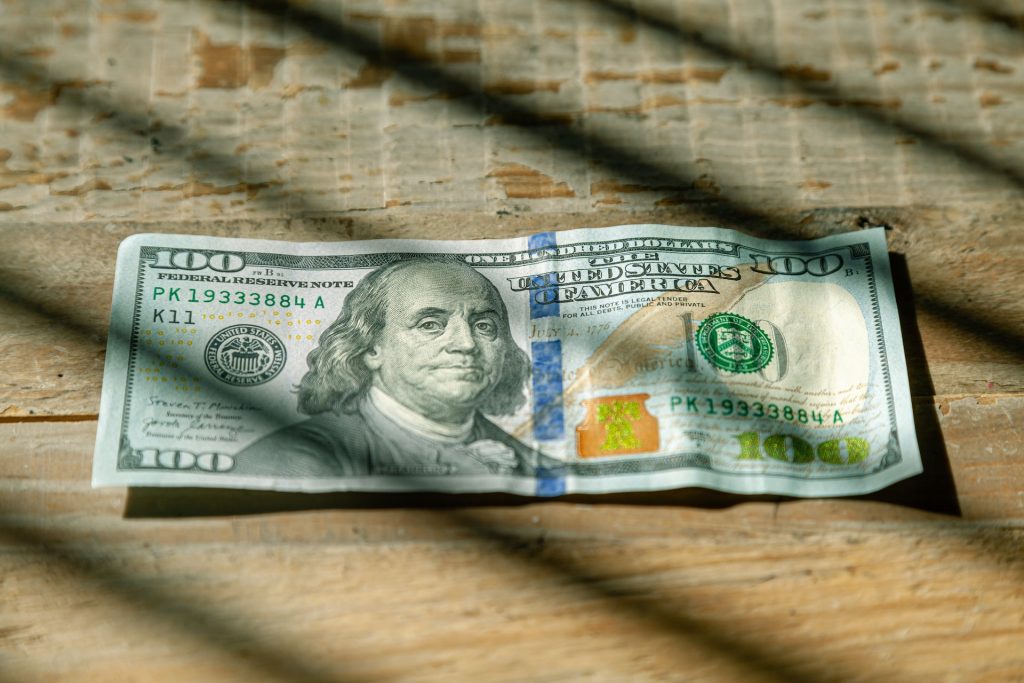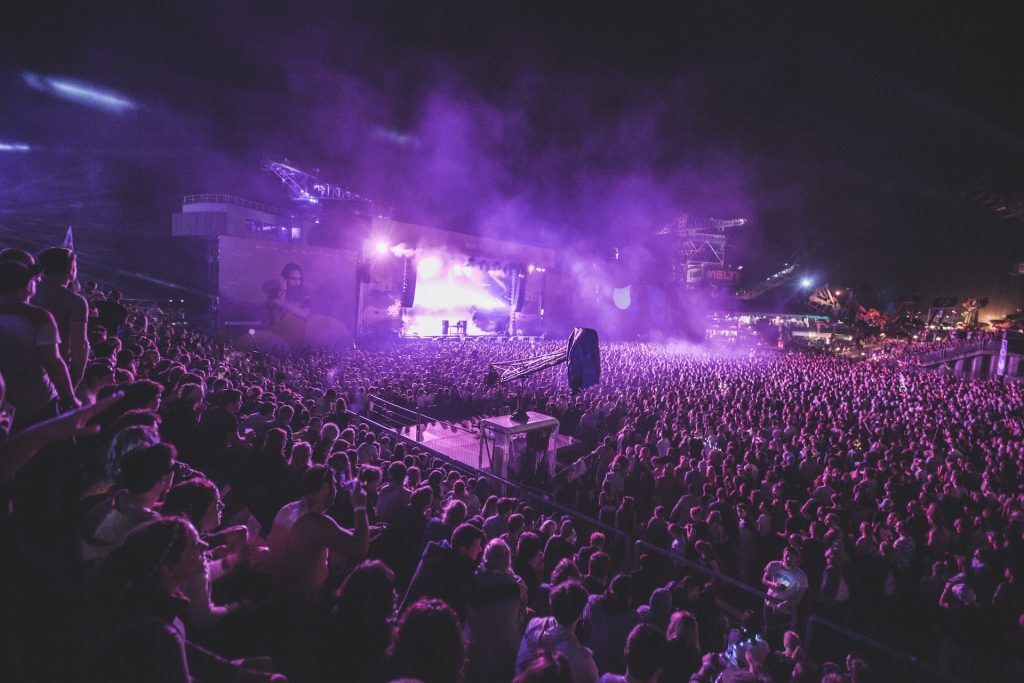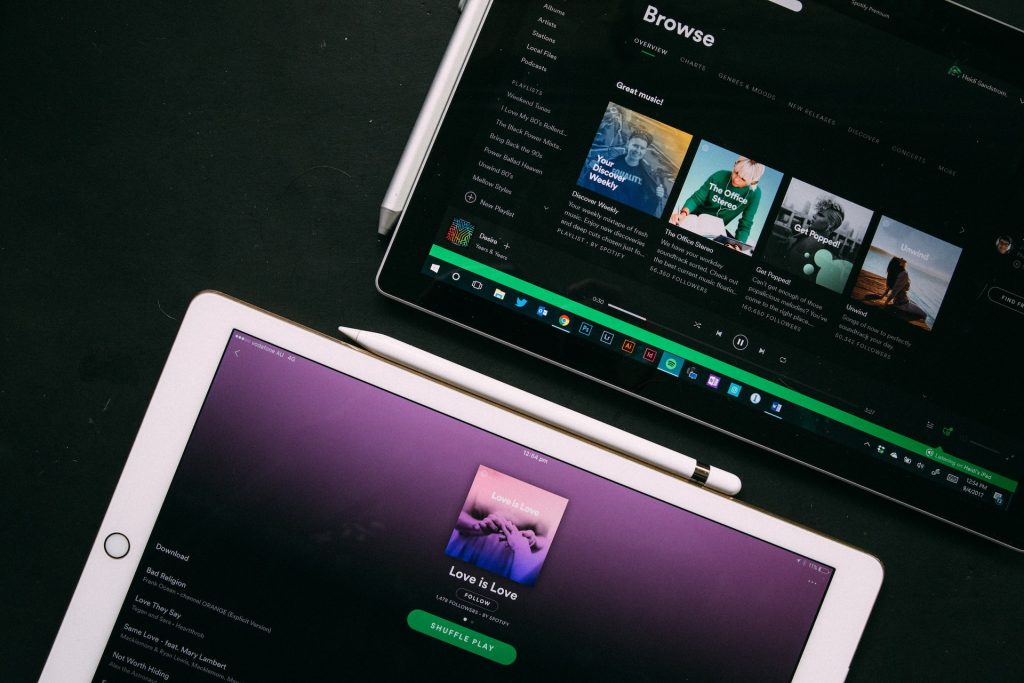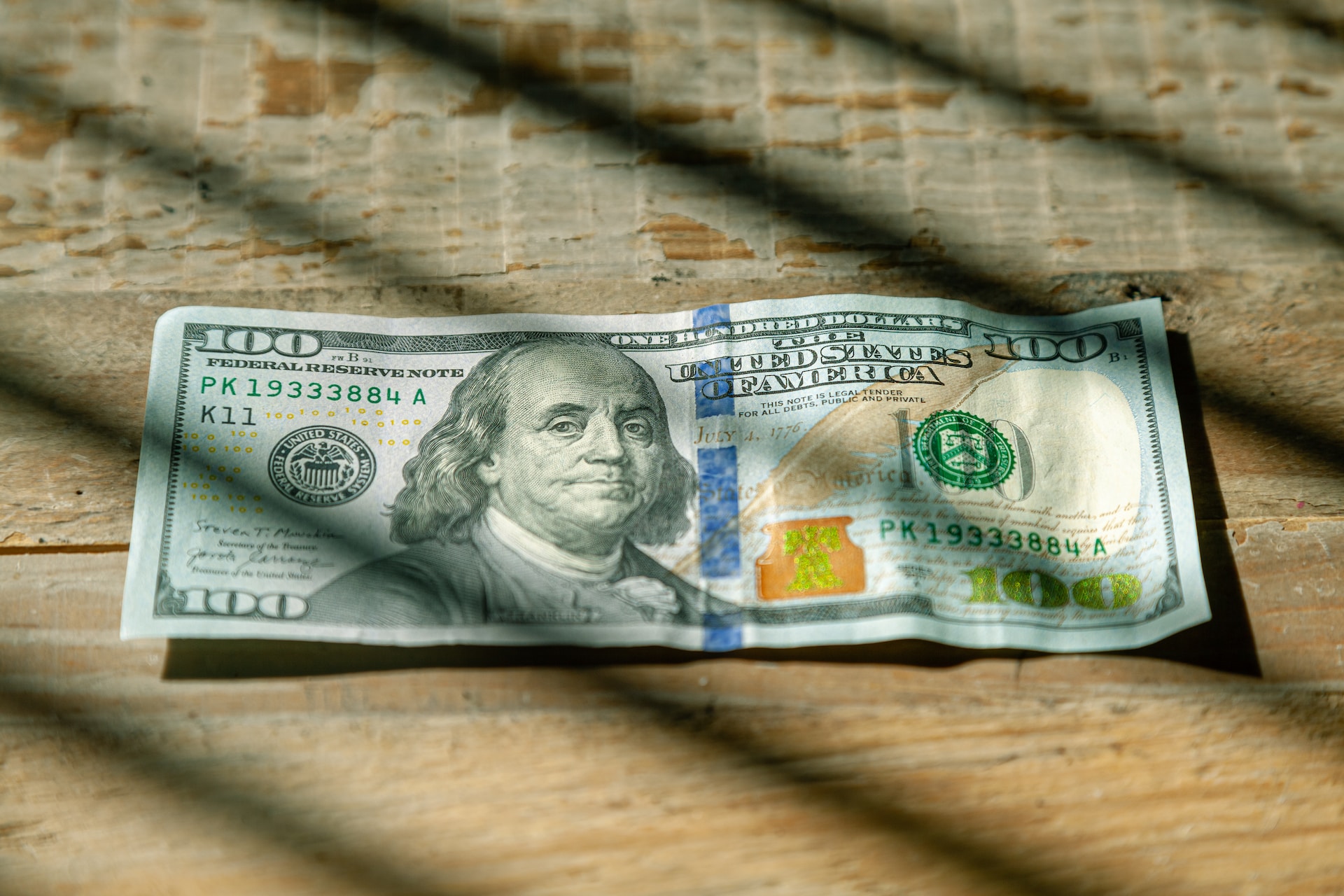Creating music or writing songs and earning money are situations that, very often, do not go hand in hand. And not because we are altruistic people, who dedicate ourselves to these creative activities in our free time or out of pure love of art, but because we do not know the ways of money in the music industry.

From the point of view of a musician or someone who composes, we have to talk about musical royalties.
What are royalties in music?
Music royalties are payments made to music copyright owners (such as composers, lyricists or producers) for the commercial use of their songs, as well as to the owners of recordings of that music. These incomes are probably the main way for music professionals to receive financial compensation for their work.
Types of music royalties
Music royalties can be categorized in different ways, but if we focus on the origin or property that generates them, they can be divided into these two fundamentals: copyright or editorial rights
The master or sound recording rights
Copyright focuses on the composition of a piece of music itself, regardless of the medium or form it takes to be heard. Master rights include any use made of a musical recording and the benefits it generates.
 Royalties derived from musical recording
Royalties derived from musical recording
List of music royalties
Depending on the situation in which it is heard, a song or instrumental music track can generate income. Let's look at some of those sources:
Public Performance Royalties: These are the royalties generated when a song is played in public places such as radio, television, bars, restaurants, stores and concerts. These royalties are collected by Performing Rights Organizations (PROs) such as BMI, ASCAP or SESAC, in the US and equivalent companies such as Sgae or La Seda, in Spain.
Mechanical Royalties: These are the royalties generated when a physical or digital copy of a song is produced, such as a CD, a digital download or a stream on platforms such as Spotify or Apple Music.
Synchronization Royalties: These are royalties generated when a song is used in a movie, television show, advertisement, video game, or other type of visual media.
Printing Royalties: These are royalties generated from the sale of sheet music and printed sheet music.
Sampling Licenses: These are the royalties that are generated when another person or entity wants to use a “sample” or fragment of a song in a new work.
Direct Sales and Downloads: This includes sales of physical copies (CDs, vinyl) and digital downloads of a song.
Streaming Revenue: Income generated through streaming platforms such as Spotify, Apple Music, YouTube, etc.
Merchandising: If a song has catchy lyrics or a logo associated with it, it can generate income through the sale of related merchandise.
Concert Income: If the song is played at a concert, it can generate income through ticket sales.
Cover Licenses: If other artists want to make a cover of the song, they will need to obtain a license, which can generate income. Each of these income streams can vary significantly in terms of how much money they generate, depending on many factors such as the popularity of the song, the licensing agreement, geographic location, among others.
 Public performance royalties
Public performance royalties
The path of money in music
In the following table you can follow, in a more visual way, the origin, intermediaries and recipients of the money generated by songs and music in general when used in their different circumstances, media and channels. Source of IncomeIntermediary Entities (USA)Intermediary Entities (Spain)Intermediary Entities (Latin America)Final RecipientsPublic Performance RoyaltiesBMI, ASCAP, SESACSGAESCD in Chile, SAYCO in Colombia, PRS in MexicoComposers, authors, editorsMechanical RoyaltiesThe Harry Fox Agency, SongtrustSGAE, SongtrustSimilar to Spain, will vary by countryComposers, editorsSynchronization RoyaltiesFilm/TV production companies, advertising agencies, rights administratorsFilm/TV production companies, advertising agencies, rights administratorsSimilar to Spain and the USComposers, editorsPrinting RoyaltiesMusic publishers, sheet music sellersMusic publishers, sheet music sellersSimilar to Spain and the USComposers, publishersSampling LicensesMusic publishers, rights administratorsMusic publishers, rights administratorsSimilar to Spain and the USComposers, publishersDirect Sales and DownloadsMusic stores, digital platforms (iTunes, Amazon Music, etc.)Music stores, digital platforms (iTunes, Amazon Music, etc.)Similar to Spain and the USArtists, composers, record labelsStreaming RevenueStreaming platforms (Spotify, Apple Music, YouTube, etc.)Streaming platforms (Spotify, Apple Music, YouTube, etc.)Similar to Spain and the USArtists, composers, record labelsMerchandisingMerchandise sellers, e-commerce platformsMerchandise sellers, e-commerce platformsSimilar to Spain and the USArtists, possibly record labelsConcert IncomeConcert promoters, music venuesConcert promoters, music venuesSimilar to Spain and the USArtists, possibly record labelsCover LicensesThe Harry Fox Agency, rights management servicesSGAE, rights management servicesSimilar to Spain, will vary by countryComposers, publishers That is, for example:
Step 1: Public Execution Royalties
Step 2: BMI, ASCAP, SESAC (USA) / SGAE (Spain) / SCD in Chile, SAYCO in Colombia, PRS in Mexico, etc…
Step 3: Composers, authors, editors It is important to remember that this is a general summary and details may vary. Additionally, in many cases, the income is divided between several parties. For example, royalties from recorded music sales are typically split between the artist, music publisher, producer, songwriters, and record label.
 Royalties derived from streaming
Royalties derived from streaming
Conclusions
In short, as you can see, a jungle of circumstances, intermediaries, contracts, laws and more. Finally, some examples of real situations and how royalties are generated and distributed in each case.
An artist plays a song at a concert in Spain: In this case, the concert venue (or promoter) will usually pay a fee to the SGAE (Sociedad General de Autores y Editores) for the right to play music at the concert. The SGAE will then distribute these royalties to the composers and publishers of the songs that were played. Additionally, the artist will also make money through ticket sales and possibly merchandise sold during the concert.
A song is played on a digital radio (such as Spotify) in Spain: Spotify pays royalties to rights holders for songs played on its platform. Part of these royalties are mechanical royalties, which are paid through the SGAE or a rights management service such as Songtrust to songwriters and publishers. The other part is sound recording royalties, which are paid directly to record labels (or artists, if they are independent). Record labels then pay artists according to their contract agreements.
A song is used in a television advertisement in Spain: In this case, the company making the announcement will usually pay a sync license fee to the rights holders of the song (usually the publisher or songwriter, through the SGAE or a rights management service) . These royalties are then divided between the songwriters and publishers according to their agreements.
A song is played in a bar in Spain: The bar will pay a fee to the SGAE for the right to play music in its establishment. The SGAE will then distribute these royalties to the composers and publishers of the songs that were played. These are general examples and specific details may vary depending on individual agreements and local laws. Additionally, in many cases, the income is divided between several parties. For example, royalties from recorded music sales are typically split between the artist, producer, songwriters, and record label. If you write songs or music and you are thinking “this stuff is unbearable”, I can only agree with you. We will find few things as far removed from artistic work as the labyrinth that money follows before reaching, if at all, the pockets of the creators and performers. But this is reality and the best thing is to face it, know it and even suffer it in order to, perhaps, have a professional opportunity in this industry. A hug and encouragement. #mailpoet_form_3 .mailpoet_form { } #mailpoet_form_3 .mailpoet_column_with_background { padding: 10px; } #mailpoet_form_3 .mailpoet_form_column:not(:first-child) { margin-left: 20px; } #mailpoet_form_3 .mailpoet_paragraph { line-height: 20px; margin-bottom: 20px; } #mailpoet_form_3 .mailpoet_segment_label, #mailpoet_form_3 .mailpoet_text_label, #mailpoet_form_3 .mailpoet_textarea_label, #mailpoet_form_3 .mailpoet_select_label, #mailpoet_form_3 .mailpoet_radio_label, #mailpoet_form_3 .mailpoet_checkbox_label, 3 .mailpoet_list_label, #mailpoet_form_3 .mailpoet_date_label { display: block; font-weight: normal; } #mailpoet_form_3 .mailpoet_text, #mailpoet_form_3 .mailpoet_textarea, #mailpoet_form_3 .mailpoet_select, #mailpoet_form_3 .mailpoet_date_month, #mailpoet_form_3 .mailpoet_date_day, #mailpoet_form_3 .mailpoet_date_year, #mailpoet_form_3 .mailpoet_date { display :block; } #mailpoet_form_3 .mailpoet_text, #mailpoet_form_3 .mailpoet_textarea { width: 200px; } #mailpoet_form_3 .mailpoet_checkbox { } #mailpoet_form_3 .mailpoet_submit { } #mailpoet_form_3 .mailpoet_divider { } #mailpoet_form_3 .mailpoet_message { } #mailpoet_form_3 .mailpoet_form_loading { width: 30px; text-align: center; line-height: normal; } #mailpoet_form_3 .mailpoet_form_loading > span { width: 5px; height: 5px; background-color: #5b5b5b; }#mailpoet_form_3{border: 1px solid #fcb900;border-radius: 40px;text-align: center;}#mailpoet_form_3 form.mailpoet_form {padding: 20px;}#mailpoet_form_3{width: 70%;}#mailpoet_form_3 .mailpoet_message {margin : 0; padding: 0 20px;}#mailpoet_form_3 .mailpoet_paragraph.last {margin-bottom: 0} @media (max-width: 500px) {#mailpoet_form_3 {background-image: none;}} @media (min-width: 500px) { #mailpoet_form_3 .last .mailpoet_paragraph:last-child {margin-bottom: 0}} @media (max-width: 500px) {#mailpoet_form_3 .mailpoet_form_column:last-child .mailpoet_paragraph:last-child {margin-bottom: 0}} Please leave this field emptyDo you write songs or would you like to?
Email * I have read and accept the Privacy Policy With the Guide «The journey of a song» as a gift Check your inbox or spam folder to confirm your subscription.

